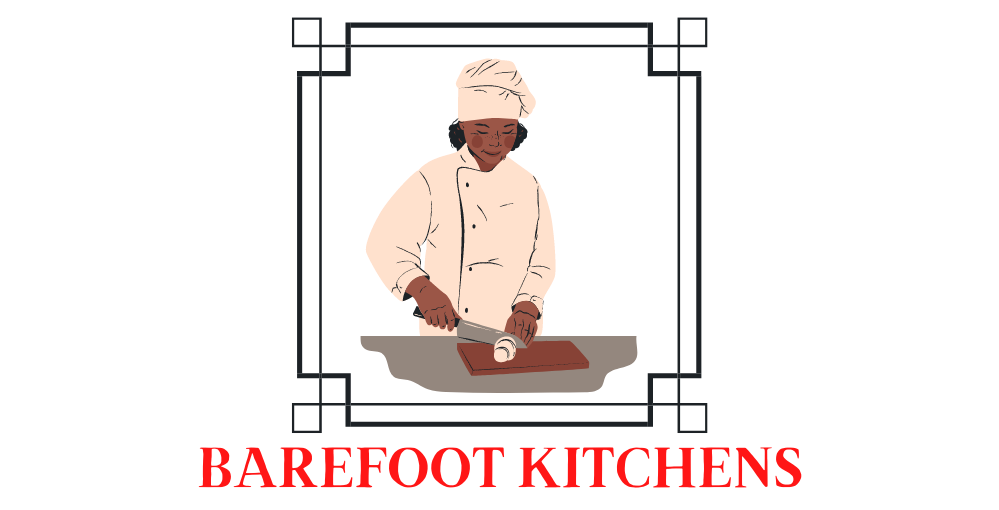The Australian government’s NDIS has changed the face of accommodation for disabled people in Australia. The NDIS has given those with disabilities more options. The government has sold a number of support for disabled homes, even though the state and local government agencies no longer take part in the supply of housing for people with disabilities. The result is decreased affordability of accommodation for people with disabilities, however there is a shortage of homes continues to be. The pathway to family homes has begun to be developed that will allow those who are disabled to stay at their residence.

Specialist Disability Accommodation (SDA) seeks to enhance the quality of life and the provision of services in the community. SDA residences are more appropriate and accessible to those who have significant disabilities. SDAs could include shared, individual or residential apartment buildings. It is determined by the needs of the individuals and their the goals. A SDA is a legal requirement for the NDIA. NDIA will decide if a person is eligible for an SDA by referring to its guidelines.
Supported Disability Accommodation can be a single, shared, or even a community home. SDA is available in a range of kinds. Apart from private residences they can also be shared or purpose-built. SDA could include individual care along with assistance for daily tasks such as cleaning and cooking. But, SILs aren’t always the only choice for people with disabilities. They’re certainly not an option only for handicapped people, but could be a huge difference in their lives.
People with disabilities may be unable to submit an application for an SDA (supportive disability accommodations) through the application process. Everyone is subject to the NDIA rules and policies. Therefore, anyone with disabilities can apply for reasonable modifications. These rules and regulations oblige federally assisted housing companies and public housing agencies to make structural adjustments for persons with disabilities. Being aware that every person suffering from disabilities is different and unique, it is important to treat them as such.
The Government as well as The Summer disability services melbourne have released a joint report on the maturity of the SDA market. The paper provides a breakdown of SDA funds into their components. It covers physical structures along with a personnel team that can assist those who have disabilities in finding appropriate housing. The Summer Foundation’s toolkit differentiates accommodations from services, which makes the process easier for individuals with disabilities to find which SDA. Furthermore, the Investor Brief contains information on SDA financial aid and eligibility requirements.
SDA accommodation is not only to those who are in need of a high level of assistance but also to other groups who have the same needs. For people with severe disabilities are able to choose an apartment that is shared with a group. Shared-living units are available in the SDA to NDIS users. Other advantages are associated with living in SDAs for instance, the fact that SDAs are accessible for most people with disabilities. They may also be able be able to share rooms together with other NDIS users.
The most popular type of SDA can be described as supported disability accommodation. SDAs are not available with the same forms. Some SDAs are only accessible to those living in particular areas. The people who are not eligible for the NDIS but they are able to access it. Specialist disability accommodation may be the most suitable option for those who are on the NDIS. It allows them to achieve independence while remaining within their homes.
Supported disability accommodation (SDA) provides the opportunity to live in a home for those with disabilities. SDA also provides support and aid to families of participants. The NDIS funds the provision of SDA. The amount of money that the NDIS receives will be determined by the individual’s choices and their goals. SDAs are most likely to reach the outcomes the NDIS will help to accomplish. The short version is that SDAs assist those with disabilities. It also supports accessible housing plans. This National Disability Insurance Scheme also provides financing for additional SDAs.
A variety of SDAs were developed. This is despite the fact that the NDIS isn’t a good fit for information-based decision-making in the case of people disabled. Pre-NDIS assistance is the main driver of SDA development. SDAs generally aren’t considered a contemporary, modern housing choice for persons who have disabilities. It is important to note that SDAs can be considered to be a common form of SDAs but they’re not as well-known as SILs.
